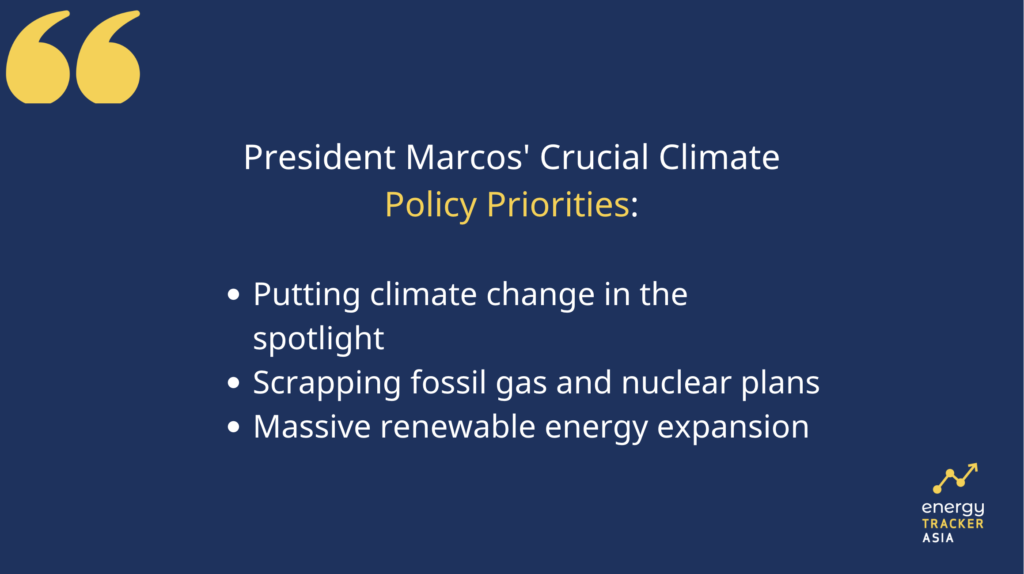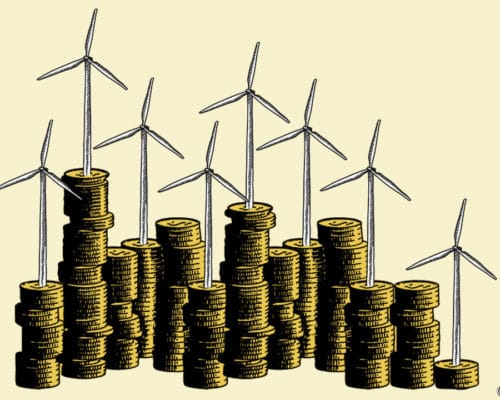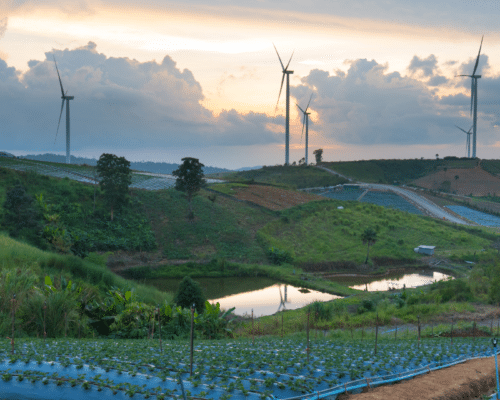The Philippines’ Climate Policies and the Priorities for the New President
04 August 2022 – by Viktor Tachev Comments (0)
The 2022 elections promised a turning point for the Philippines’ climate policies. However, so far, the promises about climate change and renewable energy in the Philippines remain just ambitious words. The first few months of the new administration haven’t seen much progress. Whether or not the new leadership changes the Philippines’ course remains to be seen. What is clear, however, is that there is too much at stake if the country continues to ignore renewables. Reducing carbon dioxide and greenhouse gas emissions and sustainable development plans should be the priority for limiting global warming.
The Promises for the Philippines’ Climate Change Policies in the Build-up to the Presidential Elections
Ferdinand Romualdez Marcos Jr., commonly referred to as Bongbong Marcos, is the new president of the Philippines.
In his campaign, Marcos called for collective action on climate change. However, the details on how to achieve it through climate change programs remained scarce. He showed the ambition to move away from fossil fuels and promised to harness a diversified clean energy mix, including geothermal, hydropower, wind and solar energy sources, to ensure Filipinos have access to reliable and affordable electricity.
Marcos also expressed his willingness to address the country’s growing energy needs by reviving nuclear power in the Philippines. A questionable point was the plan to revisit the Bataan Nuclear Power Plant, which he deemed suitable for fossil gas.
During his campaign, Marcos also pledged to promote reforestation. He promised to work to introduce an illegal logging law to combat the major issue in the Philippines.
At the same time, climate justice and keeping big polluters accountable wasn’t a central focus of his campaign.
The Early Signs of the New Presidency and Climate Policy of the Philippines
According to different studies, the Philippines is bouncing between the first and the fourth places of the countries at the highest risk of climate change. It is facing the challenges like extreme weather events, sea level rise, food security and climate related illnesses. Furthermore, as Greenpeace notes, what the country is experiencing will only worsen as global temperatures continue to rise.
The public announcements of the new president reveal he is well aware of this fact. After the elections, Marcos vowed to prioritise climate change issues in his administration and stressed the importance of climate adaptation. He acknowledged the disparity between the country’s low carbon footprint and the high climate risk it is exposed to. For climate change mitigation, he pledged to seek support from partner nations. One example of such an initiative is Germany’s ongoing programmes to help the Philippines address climate change. Among them is a EUR 25 million donation for climate change-related projects in the country.
In one of his post-election speeches, the president also acknowledged that the Philippines is the third-biggest plastic polluter globally. Marcos pledged to act responsibly and work actively to solve the problem.
In a nutshell, according to climate activists, the first few months of the new president’s tenure have sent mixed signals. Some remain sceptical regarding the new administration’s determination to take climate action and strengthen environmental protection. Others are hopeful that Marcos will take climate justice to heart and prioritise the climate agenda.
Crucial Climate Policies and Philippines Government Action on Climate Change
To turn the pessimists into optimists, the new president has to centre his climate change agenda around several crucial points:
Putting Climate Change in the Spotlight
According to scientists and analysts, climate change was a scarce topic in the 2022 presidential election campaign. Furthermore, a Harvard study found that around 60% of Filipinos didn’t feel well informed about the issue. Yet, 71% were concerned they would be affected by it.
In light of this, the new president has two crucial tasks. The first is to educate the public about the impact of a changing climate. The next is to promote the climate policies that tackle it.
Scrapping Fossil Gas and Nuclear Plans for Renewable Energy
Currently, the Philippines pays some of the highest electricity prices in Southeast Asia. President Marcos has already acknowledged this in his presidential campaign and insisted on pursuing renewable energy to address this issue. While it is a step in the right direction, this alone won’t be enough, as the Philippines plans a substantial increase in LNG supply, mainly through imports. Currently, the country has the second-largest planned LNG import terminals in Southeast Asia. This will lock it into years of excessive energy costs while also fuelling the climate crisis.
Furthermore, the new president also plans to revive nuclear plants. However, such a step is more of a distraction rather than a solution to the current problems, especially considering the country’s substantial renewable energy potential.
Additionally, the president should also instil a strict policy to hold the biggest polluters accountable for the impact of their actions on the local population. A solid base for achieving this is the National Inquiry on Climate Change (NICC) – a response to a petition by citizens of the Philippines requesting that the country’s Commission on Human Rights (CHR) investigate the biggest polluters, their impact on climate change and human rights violations.
Crucial Times for the Climate Policies of the Philippines
President Marcos has the complex task of leading his country through the most decisive period in the battle against climate change to date. The policies of his cabinet will be integral to the country’s efforts to decarbonise and ensure cleaner, more stable and more affordable energy. Additionally, his leadership will be crucial to protecting the most vulnerable communities from climate change’s worst impacts.
While it seems there are more promises than real-world results, the new administration can quickly change the country’s course for the better. The critical starting points include stopping the expansion of fossil gas projects, dropping plans for nuclear energy development and focusing on massive renewable energy expansion and climate change adaptation.

by Viktor Tachev
Viktor has years of experience in financial markets and energy finance, working as a marketing consultant and content creator for leading institutions, NGOs, and tech startups. He is a regular contributor to knowledge hubs and magazines, tackling the latest trends in sustainability and green energy.
Read more



